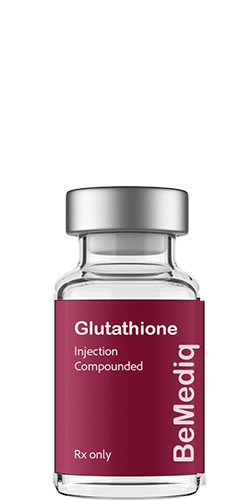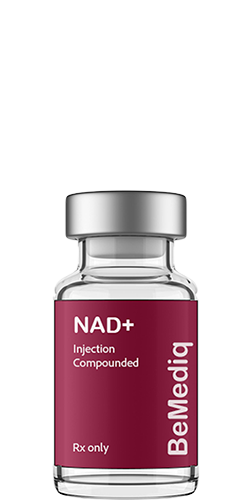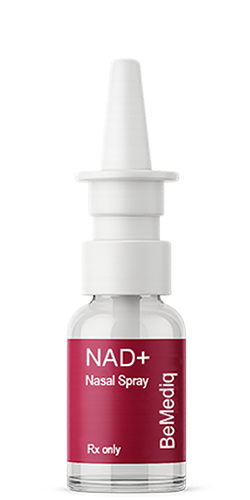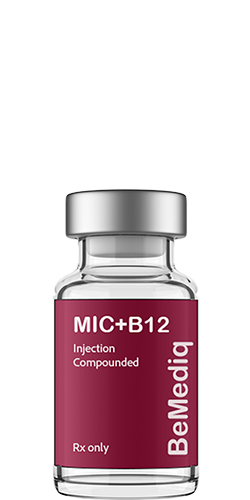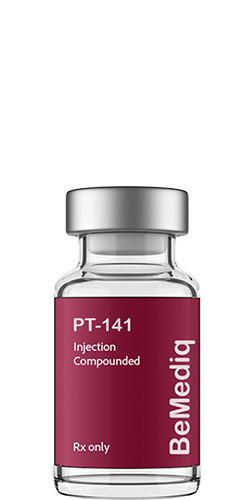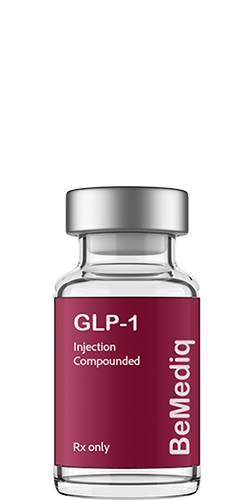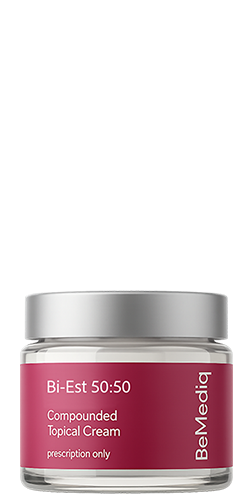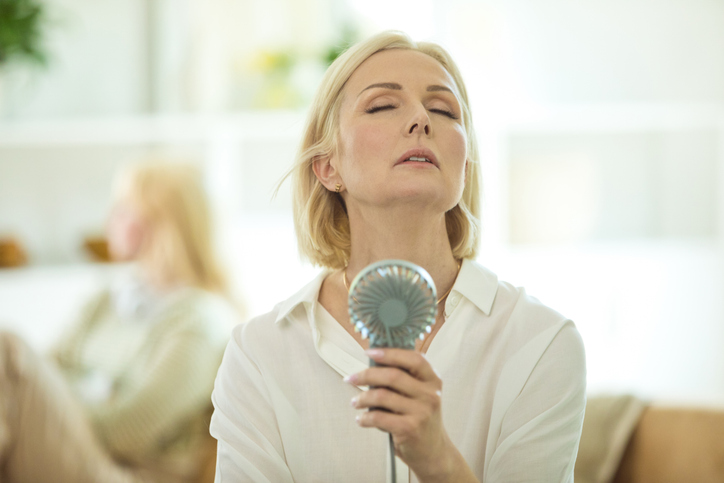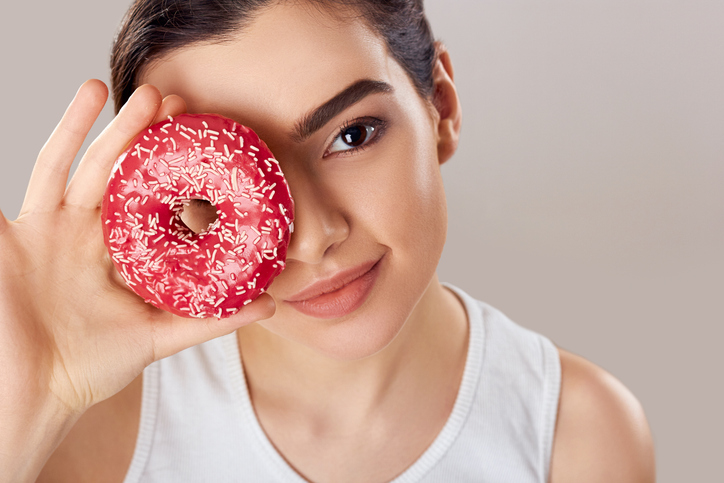Exploring the role of glutathione in reducing oxidative stress, easing symptoms, and supporting women’s health in midlife.

Introduction: Menopause, Hormones, and Oxidative Stress
Menopause marks a significant transition in a woman’s life, typically between ages 45 and 55, as estrogen and progesterone levels decline. This hormonal shift can trigger symptoms such as hot flashes, night sweats, mood swings, fatigue, insomnia, brain fog, and increased risk of conditions like osteoporosis and cardiovascular disease.
At the heart of many of these changes lies oxidative stress—an imbalance between free radicals (ROS) and the body’s antioxidant defenses. Estrogen, which provides antioxidant protection at higher levels, decreases during menopause, leaving cells more vulnerable to damage, inflammation, and accelerated aging.
What Is Glutathione and Why Does It Matter in Menopause?
Glutathione (GSH), often called the “master antioxidant,” is a tripeptide produced naturally in the body, especially in the liver. It neutralizes free radicals, detoxifies harmful substances, regenerates antioxidants like vitamins C and E, and supports immune health.
During menopause, glutathione levels may decline or shift toward oxidized forms (GSSG), worsening oxidative stress. This imbalance contributes to fatigue, inflammation, and accelerated aging. Research suggests that boosting glutathione through supplementation or precursors like NAC may help restore balance and reduce menopause-related symptoms.
Oxidative Stress, Menopause, and Glutathione
Studies show that postmenopausal women have lower total antioxidant activity and higher markers of oxidative stress compared to premenopausal women. For example:
- Women with menopause-related insomnia show a reduced GSH/GSSG ratio.
- Postmenopause is associated with increased oxidative damage and reduced mitochondrial function.
- Higher oxidative stress correlates with more severe hot flashes, depression, and anxiety.
Glutathione helps counter this by:
- Maintaining redox balance and DNA protection
- Supporting mitochondrial energy production
- Reducing inflammation linked to vasomotor symptoms
Glutathione Benefits for Menopause Symptoms
Hot Flashes & Night Sweats
Oxidative stress has been linked to vasomotor symptoms. By restoring antioxidant balance, glutathione may reduce severity, though direct clinical evidence remains limited.
Mood Swings, Anxiety & Depression
Glutathione regulates glutamate and lowers inflammation—mechanisms tied to mood stability. NAC, a glutathione precursor, has shown benefits for mood in midlife women.
Fatigue & Low Energy
By supporting mitochondria and ATP production, glutathione helps fight fatigue and improve endurance.
Insomnia & Sleep Quality
Reduced glutathione levels have been observed in menopausal women with insomnia. Restoring balance may improve sleep cycles.
Cognitive Function & Brain Fog
Glutathione protects neurons from oxidative damage, supporting memory and clarity.
Skin & Bone Health
As an antioxidant, glutathione protects collagen, reducing wrinkles and age spots. Some research suggests benefits for bone density postmenopause.
Cardiovascular & Immune Support
Glutathione improves circulation, reduces oxidative LDL cholesterol damage, and strengthens immunity—critical as heart risk rises after menopause.
How Glutathione Works: Key Mechanisms
- Antioxidant Defense – Neutralizes ROS and reduces inflammation
- Hormone Metabolism – Supports estrogen balance and detox pathways
- Detoxification – Binds toxins in the liver for elimination
- Immune Support – Boosts white blood cell activity and regenerates vitamins
- Neuroprotection – Regulates neurotransmitters for mood and cognition
Forms of Glutathione Supplementation
- Injections (IV or IM): High bioavailability, rapid support for detox and energy
- Nasal Sprays: Direct absorption with potential brain benefits
- Precursors (NAC, glycine, cysteine): Boost the body’s own glutathione production
While generally safe, glutathione therapy should be used under medical guidance, as evidence is still emerging and some symptoms (like night sweats) lack strong direct trial data.
Conclusion: A Promising Ally in Menopause Care
Glutathione offers promising support for women navigating menopause by restoring antioxidant balance, reducing oxidative stress, and easing symptoms like fatigue, mood changes, and skin aging. While larger clinical trials are needed, existing research and real-world use suggest glutathione—whether via precursors, injections, or sprays—may serve as a valuable complementary therapy for midlife women.
FAQs
Is glutathione good for menopause?
Yes. Research suggests glutathione may help counter oxidative stress and ease menopause-related symptoms such as fatigue, mood changes, and skin aging.
Can glutathione reduce hot flashes?
It may help by lowering oxidative stress, which is linked to vasomotor symptoms, but direct clinical evidence is limited.
What’s the best way to boost glutathione during menopause?
Injections and nasal sprays deliver direct absorption. NAC and lifestyle strategies (sulfur-rich foods, exercise, sleep) also support natural production.

